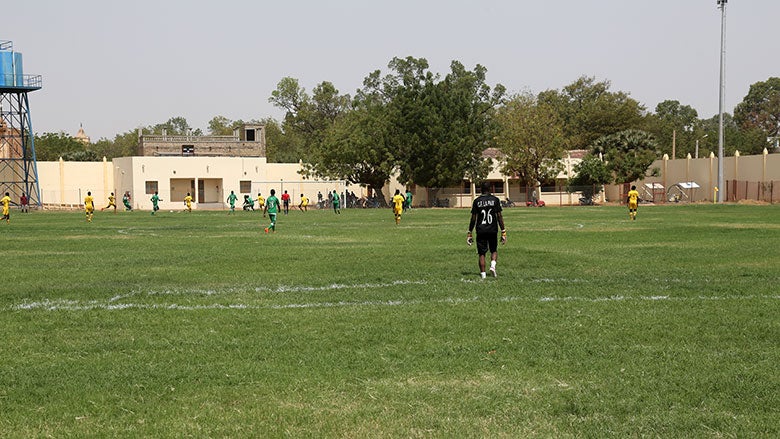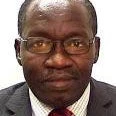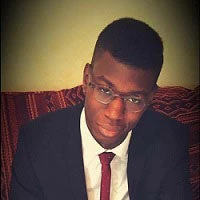
According to World Bank data, 80% of global GDP is derived from urban centers. It is therefore clear that currently, cities play a key role in development.
A few years ago, when we visited Ségou, the regional capital and administrative center of the Cercle de Ségou, composed of 30 communes and located 240 kilometers from Bamako, we were able to witness a perfect illustration of the paradox of Malian cities, discussed at the 2018 Bamako Forum—although they are expanding rapidly, the economic growth potential offered by an urban area is not being realized in many Malian cities. This paradox is attributable to inadequate urban planning, which hampers the ability of the commune to be functional, economically inclusive, safe, and resilient.
In Ségou, for example, we saw neighborhoods that were unstructured, densely populated, lacking in infrastructure and, moreover, inadequately linked to the main business centers. To address these inconsistencies and promote local socioeconomic development, the World Bank and Swiss Cooperation agency are providing CFAF 47.7 billion ($ 70 million) in financing for the Urban Local Government Support Project (PACUM), implemented by the Government in 14 Malian cities. Started in 2012, this project will, over time, help strengthen local government performance and improve the public service delivery infrastructure.
First Phase: Listening to residents and restoring social cohesion bonds
For a long time, the Ségou municipal stadium stood as a symbol of local vibrancy. However, this sports emblem crumbled over time, owing to a lack of maintenance and resources. Its renovation is among the initial results of PACUM and was one of the first requests made by the residents interviewed during citizen consultations. When we returned to Ségou, we noticed, under the blazing sun, that the stadium, which had been completely renovated, is once again fulfilling its social cohesion role. Brahima Ouélé, President of the Ségou Association of Referees, stated: “we now have a functional stadium that meets established standards. We can organize our different soccer, handball, and basketball competitions. It is a multi-purpose stadium.” To ensure the maintenance and sustainability of the facility, the project has also established a management structure and fees to be paid by stakeholders when sporting events are held.
Second Phase: Reviving the Medina market, the city’s economic lifeline
We then visited the brand new Medina market where we met Boubacar Keita, head of the social development service for the Ségou urban commune municipal council. “The Medina market has been around for more than 30 years, but the buildings were made of adobe and straw,” he explained.
Through a competitive bidding process involving national enterprises, PACUM facilitated the renovation of the market and the construction of 70 warehouses, 8 sheds with 254 booth spaces, latrines, and rain water drains, so as to ensure optimal use of this market, a critically important venue for social, cultural, and economic exchanges, and to adapt it to the shift in Ségou’s demographics. Abdoulaye Toloba, a member of the market management committee, stressed that “everything was done in a transparent manner and the result is perfect!”
Furthermore, it should be underscored that civic engagement is an important aspect of all PACUM projects. Every project is the result of a proposal made by residents, in particular the traders and the members of the market management committee, who expressed their willingness to work as a team with the municipal council. In addition, the municipal council collaborated with traders to do a count and ensure that everyone was moved back after the renovation process. To guarantee the sustainability of the project, a management structure is also being established.
Third Phase: Decentralizing the health facilities, a vital process for the development of the commune
A functional city must provide efficient health services, free of capacity constraints. As is the case with many Malian communes, Ségou’s health facilities are underequipped and stretched thin, owing to a lack of funding.
To offer community first aid and expand its range of health services, the commune also built a new community health center in the context of PACUM. It chose the Sido Sonikoura neighborhood, which has a rapidly growing population and is fairly far removed from the closest community health center (in the Darsalam neighborhood). During our most recent visit, we noted that the neighborhood now has a clinic, a maternity center, a pharmacy, and a laboratory. This new facility, which recently started its operations, will therefore improve the quality of life of the entire neighborhood.
As the World Bank’s Task Team Leader for PACUM, I realize that the project approach based on local participation, civic engagement, and performance-based investment grants to the communes has served as a major catalyst for the achievement of results by the communes. In fact, this has not only created incentives in each commune to further mobilize all the actors but also fostered a spirit of emulation among the cities participating in the project. It is heartening to now see bottom-up participation in the PACUM cities, which is leading to the growing involvement of civil society organizations in project activities and to the assumption of greater responsibilities by the communal authorities in the handling of the investment process.
Ségou is therefore gradually becoming a city where citizens participate in identifying the needs of their community and in monitoring project implementation activities while the municipal council is increasingly fulfilling its role as the management entity for local development.



Join the Conversation